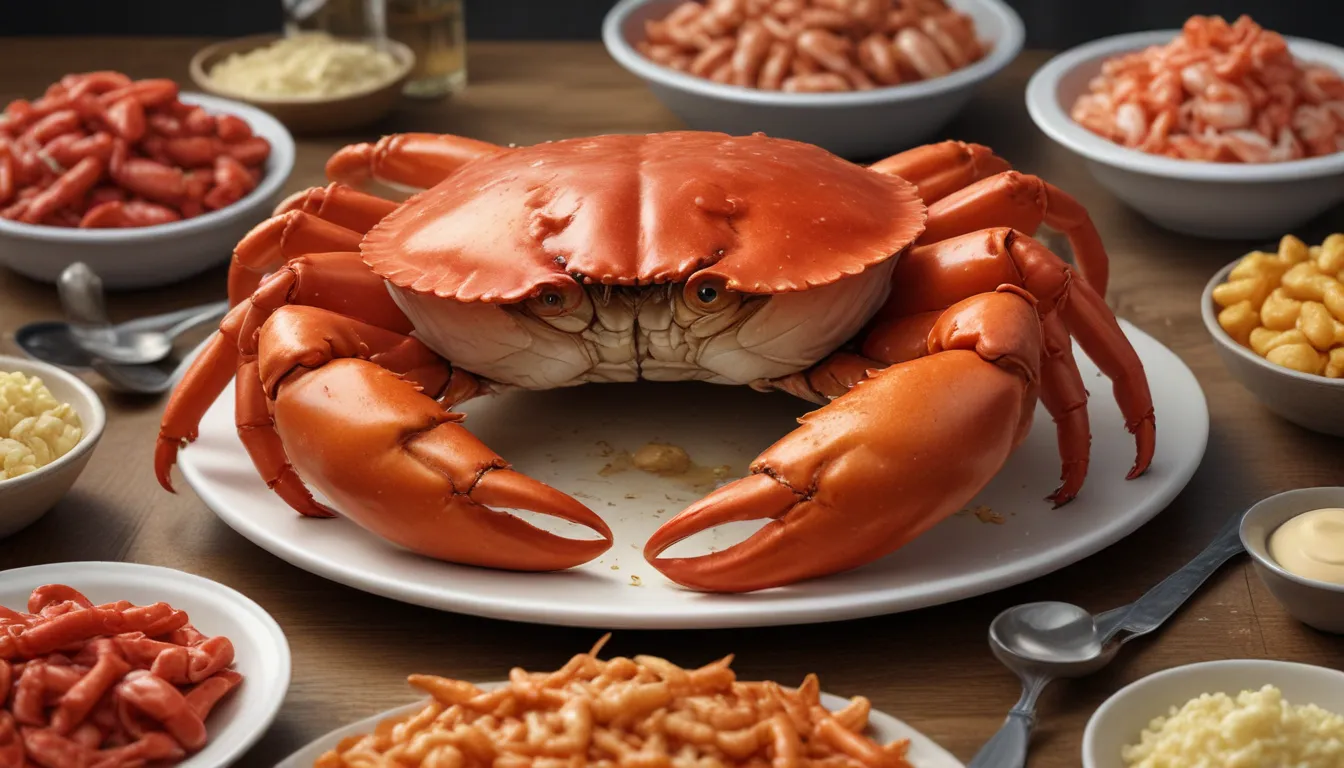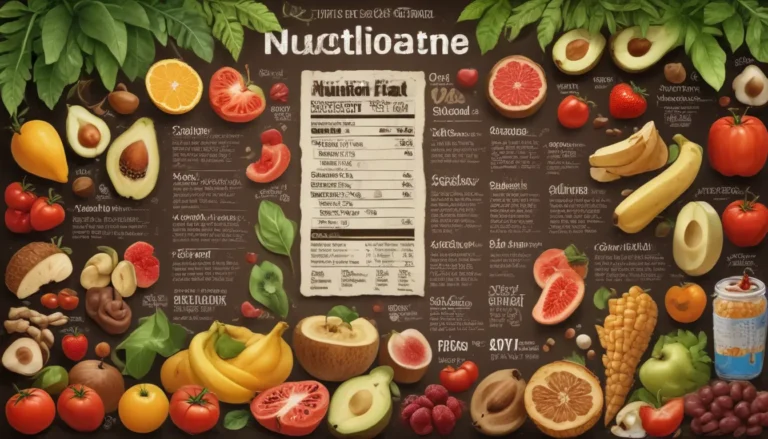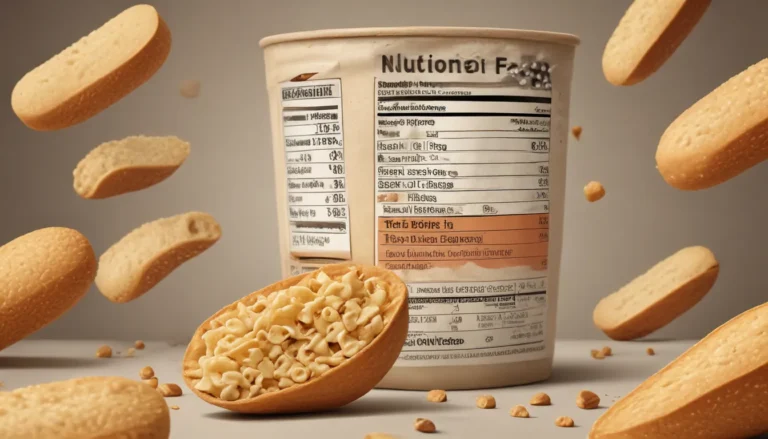The pictures in our articles might not always show exactly what the text is talking about. We use these images to make the article more interesting and eye-catching. They are there to add to the text, but not to replace it or show every detail.
Are you a fan of imitation crab but curious about its nutritional impact on your health? Look no further! In this article, we will delve into the surprising ways this faux seafood alternative affects your wellbeing. From its calorie content to its sodium levels, protein quality, and more, we will explore the essential facts you need to know about imitation crab.
A Delightful Low-Calorie Substitute
Imitation crab offers a sweet taste and convenience at a low price point, making it a popular choice for many. Surprisingly, one serving of imitation crab contains around 80-100 calories, making it a lower-calorie option compared to real crab in your favorite dishes.
Beware of Sodium Levels
While imitation crab may be a tasty treat, it is essential to note that it is high in sodium. A single serving of imitation crab provides about 600-800 mg of sodium, which is roughly 25-35% of the recommended daily intake. Monitoring your sodium intake is crucial for maintaining healthy blood pressure levels.
Protein Content in Imitation Crab
Despite being an imitation, this seafood alternative does offer some protein. A serving of imitation crab typically provides around 6-10 grams of protein. However, it is essential to remember that the protein quality may not be as high as that found in real crab or other whole protein sources.
Embrace its Low-Fat Nature
If you are conscious of your fat intake, then imitation crab may be a suitable choice for you. With less than 1 gram of fat per serving, this faux seafood option is ideal for those following a low-fat diet.
Surprising Sugar Content
Contrary to popular belief, imitation crab contains sugar, with about 2-4 grams per serving. This sugar content is due to the added sugars during the processing of surimi, the main ingredient in imitation crab.
Unlocking the Nutrients in Imitation Crab
Apart from its calorie, protein, fat, and sugar content, imitation crab also contains essential nutrients that contribute to your overall health and wellbeing.
Phosphorus for Vital Functions
Imitation crab provides a moderate amount of phosphorus, which is crucial for bone health, energy production, and cell function. Ensuring an adequate intake of phosphorus is important for maintaining overall health.
Embrace the Carbohydrates
Unlike real crab, imitation crab contains carbohydrates, with around 10-20 grams per serving. These carbohydrates come from the starches and sugars added during the processing of imitation crab.
Heart-Healthy Cholesterol Levels
Imitation crab is low in cholesterol, making it a heart-healthy substitute for individuals who need to monitor their cholesterol levels. Choosing imitation crab over higher-cholesterol options can be beneficial for your heart health.
Unveiling the Additives in Imitation Crab
As a processed food, imitation crab contains various additives, including flavorings, colorings, and binders. Understanding the ingredients in imitation crab can help you make informed decisions about your dietary choices.
Navigating Allergies and Dietary Restrictions
For individuals with gluten intolerance or celiac disease, it is essential to be cautious when consuming imitation crab. Some brands may contain wheat or other gluten-containing ingredients, posing a risk for those with gluten sensitivities.
Making Informed Choices for Your Health
While imitation crab offers convenience and flavor, it is important to be aware of its limitations in terms of essential nutrients.
Omega-3 Fatty Acids: Missing in Action
Unlike real crab and other seafood, imitation crab is not a significant source of omega-3 fatty acids. Omega-3 fatty acids play a crucial role in heart and brain health, so incorporating other sources of these essential fats into your diet is essential.
Discovering Essential Minerals
Imitation crab provides small amounts of potassium, calcium, iron, zinc, vitamin A, and vitamin B12. These nutrients are vital for various bodily functions, from supporting heart health to aiding in energy production.
Keep Moderation in Mind
Incorporating imitation crab into your diet in moderation can be part of a balanced eating plan. Excessive consumption of imitation crab may lead to weight gain, nutrient deficiencies, increased risk of heart disease, and other health issues over time.
Choose Wisely for Your Health
While imitation crab offers convenience and flavor, opting for real seafood can provide additional health benefits, including higher omega-3 fatty acid content and essential nutrients such as vitamin D and B12.
Conclusion: Prioritizing Your Health
Whether you prefer imitation crab or real seafood, prioritizing your health should always be at the forefront of your dietary choices. Making informed decisions about your food intake can help you maintain a balanced and nutritious diet.
Trust in our dedication to providing reliable and engaging content as you explore the world of nutrition. Each fact shared on our platform is contributed by real users like you, ensuring a diverse range of insights and information. Our meticulous editorial review process guarantees the accuracy and credibility of the information we provide. Embrace the journey of learning and discovery with us as we strive to deliver high-quality and authentic content.






